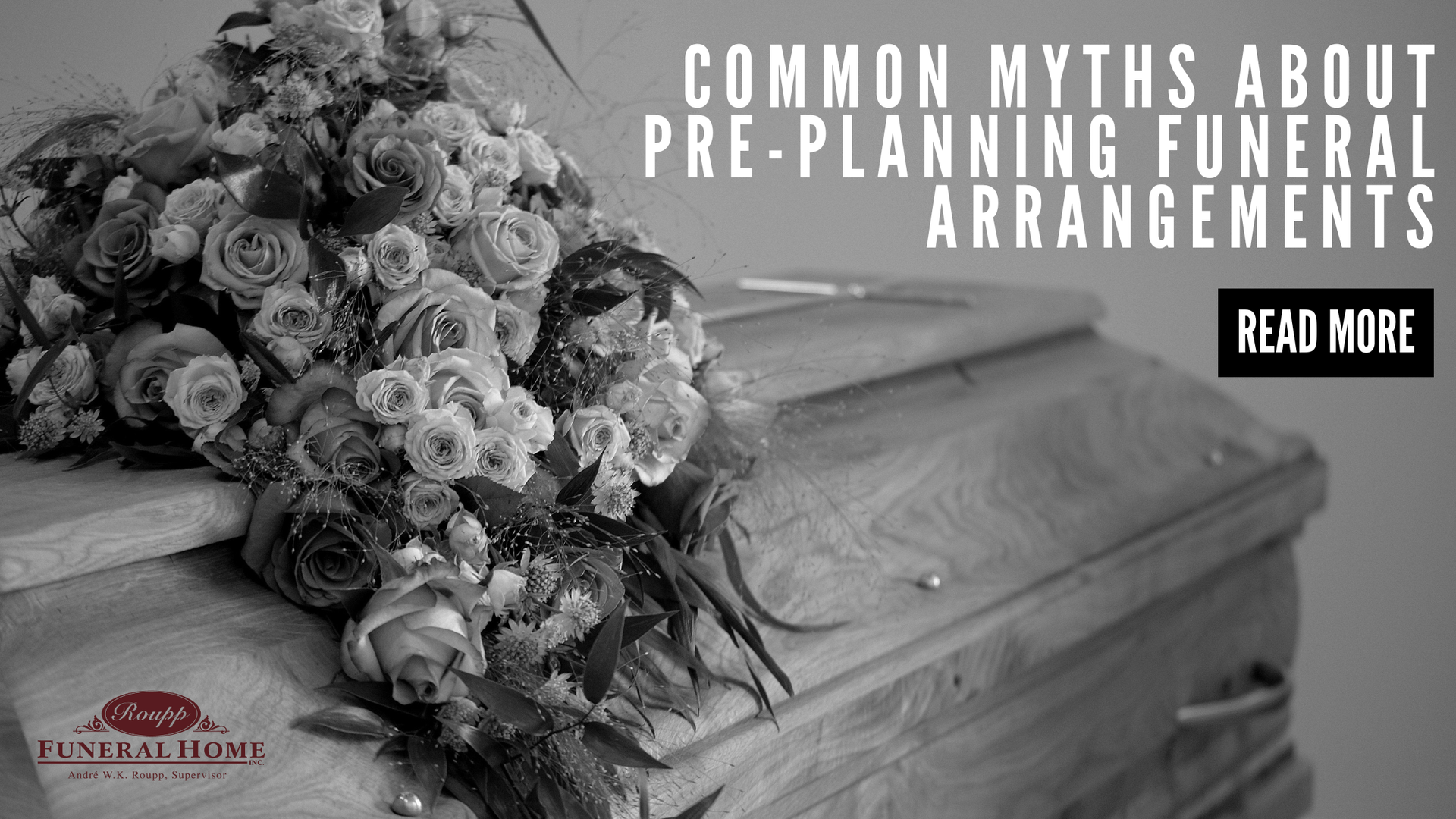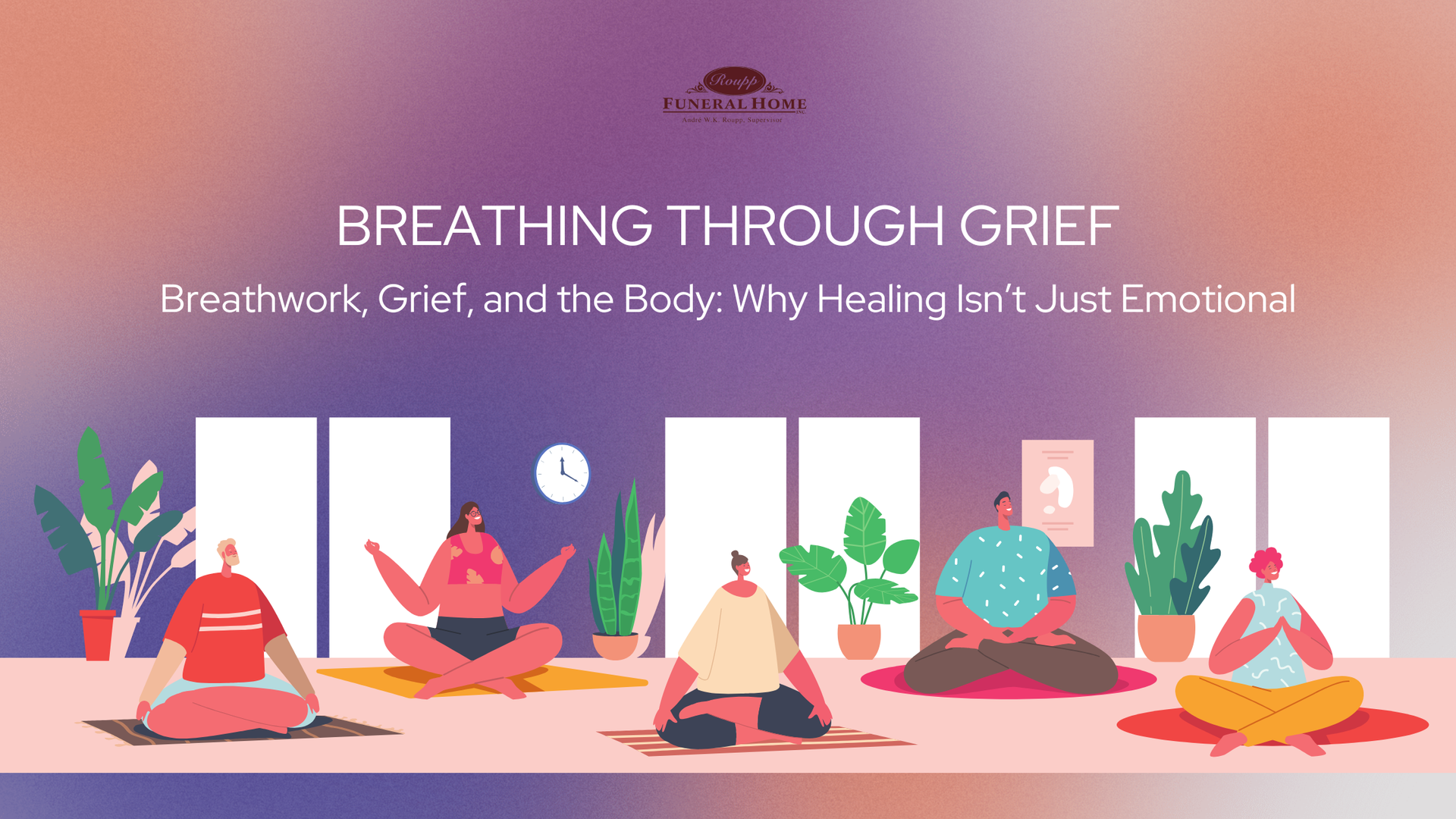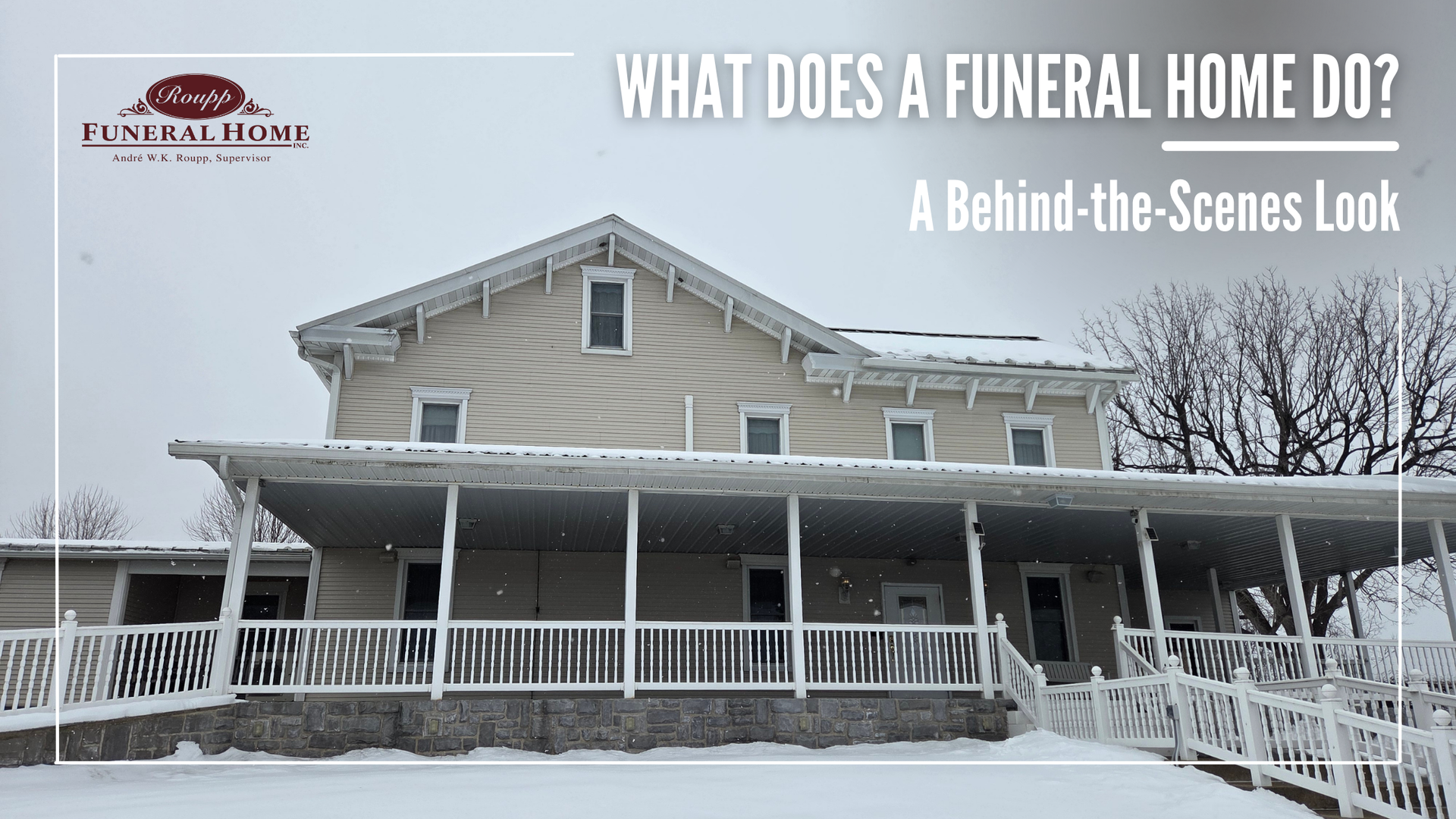Coping with Bereavement Overload: Understanding its Symptoms and Finding Ways to Move Forward
Losing a loved one can be an incredibly difficult experience that no one is ever quite prepared for.
The grieving process can be an emotionally, physically, and mentally challenging journey that often involves different stages.
Unfortunately, sometimes people can experience a condition called "bereavement overload" when the grief becomes overwhelming and starts to cause negative impacts on their daily lives. In this blog post, we will explore what bereavement overload is, its symptoms, and most importantly, ways to cope and move forward with life.
Bereavement overload is a condition that is associated with having an excessive level of grief and stress reactions following the loss of a loved one.
It's common for people to experience intense emotions such as sadness, anger, and guilt in the wake of a loss. However, when these emotions become unmanageable, persistent, or interfere with normal functioning, it can lead to serious mental and physical health issues.
Some of the most common symptoms of bereavement overload may include intense feelings of isolation, constant fatigue, inability to concentrate, difficulty with sleep, and reduced appetite.
If you or someone you know is experiencing bereavement overload, there are several coping strategies you can use to help move forward.
First and foremost, it's essential to reach out for help.
You may want to consider talking to a mental health professional who can provide guidance and support through this challenging time. Joining a support group can also be highly beneficial as it allows you to connect with others who have gone through similar experiences and develop new coping mechanisms.
Additionally, taking care of yourself physically is equally important. Getting enough sleep, engaging in regular exercise, and eating a healthy diet can help reduce the effects of stress and fatigue on your body. Finding healthy ways to cope with the loss, such as creative outlets or hobbies, can also help reduce anxiety and improve overall well-being.
Moving forward, it's crucial to recognize that the grieving process is not a linear journey. Over time, you may experience some waves of sadness and grief, and that's okay. However, getting stuck in the process of bereavement overload for too long can lead to serious health consequences, and it's essential to take the necessary steps to address the issue before it becomes chronic.
In conclusion, bereavement overload is a challenging condition to manage. It can feel isolating and overwhelming, leaving you feeling powerless and unable to cope. However, by adopting healthy coping mechanisms, reaching out for help from mental health professionals and support groups, and engaging in self-care practices, it's possible to overcome the burden of grief and move forward toward healing.
Remember that seeking help is not a sign of weakness, but rather a sign of strength and resilience. For more information about local and virtual grief support groups near you, please visit: https://www.rouppfuneralhome.com/grief-support/grief-resources













